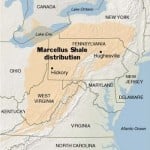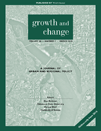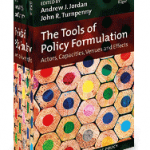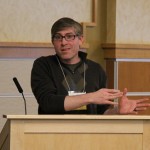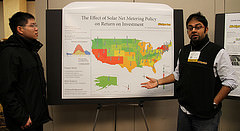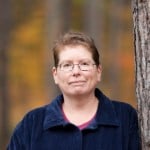From Tech Today:
Assistant Professor Don Lafreniere (SS) co-authored a paper, “All the World’s a Stage: A GIS Framework for Recreating Personal Time-Space from Qualitative and Quantitative Sources,” in Transactions in GIS, Vol. 19, no. 2, pp. 225-246.
Abstract:
This article presents a methodological model for the study of the space-time patterns of everyday life. The framework utilizes a wide range of qualitative and quantitative sources to create two environmental stages, social and built, which place and contextualize the daily mobilities of individuals as they traverse urban environments. Additionally, this study outlines a procedure to fully integrate narrative sources in a GIS. By placing qualitative sources, such as narratives, within a stage-based GIS, researchers can begin to tell rich spatial stories about the lived experiences of segregation, social interaction, and environmental exposure. The article concludes with a case study utilizing the diary of a postal clerk to outline the wide applicability of this model for space-time GIS research.

